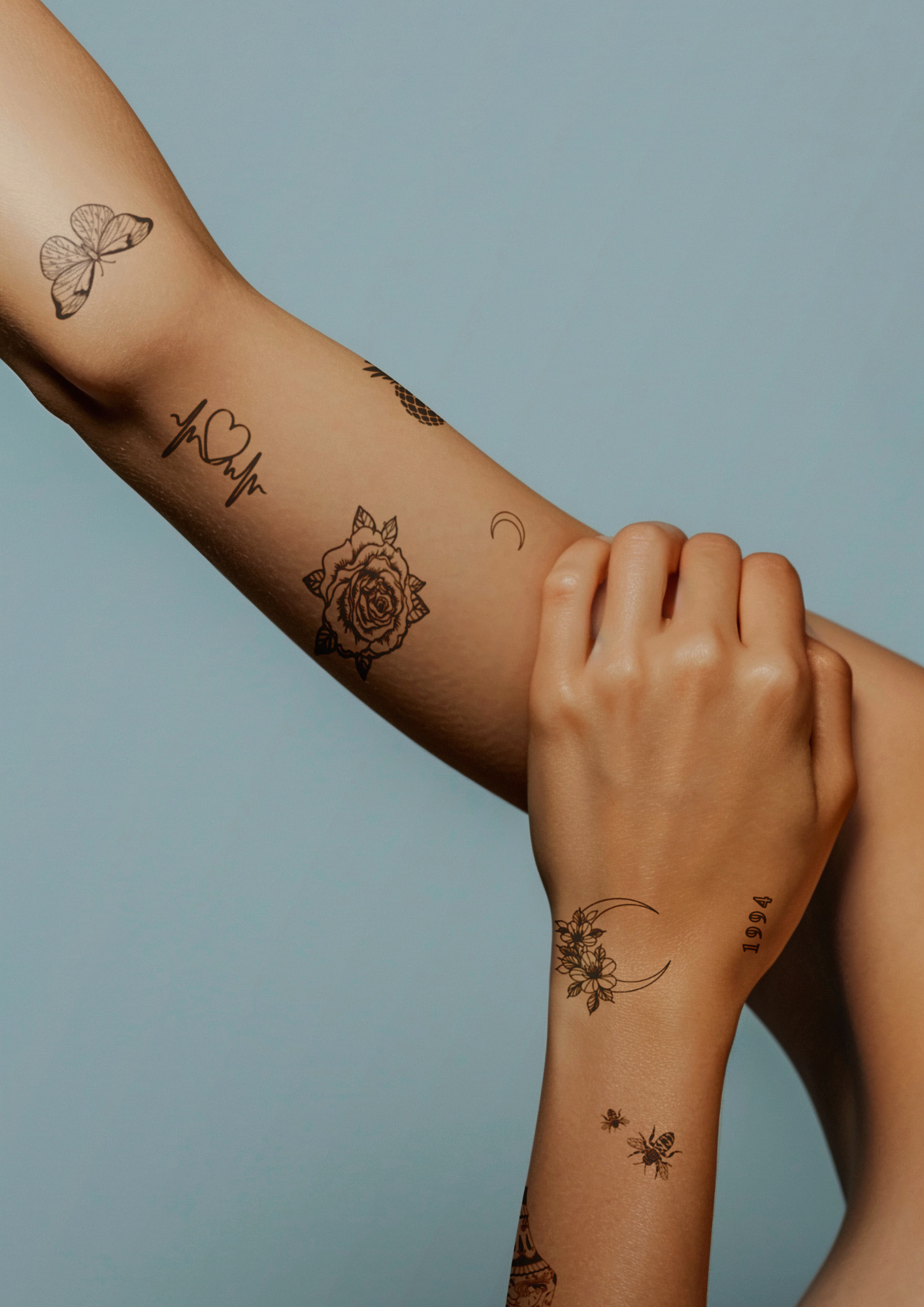While both Jagua and Henna are popular forms of temporary body art, they have some significant differences. Let's delve into what sets these two apart.
Origin and Colour
Jagua is derived from the Genipa Americana fruit found in the Amazon rainforest. It stains the skin with a deep blue-black colour. On the other hand, Henna is made from the leaves of the Lawsonia Inermis plant, native to North Africa and the Middle East, and stains the skin with a red-brown colour.
Application and Longevity
Both Jagua and Henna are applied as a gel or paste. However, Jagua tends to be more difficult to work with due to its thicker consistency. In terms of longevity, Jagua tattoos can last up to two weeks, while Henna tattoos typically last between one to two weeks.
Allergic Reactions and Safety
Jagua is generally considered safe and natural, with few reported allergic reactions. However, it's always important to do a patch test before applying it to a larger area of skin. Henna, on the other hand, can cause allergic reactions in some people, especially when it's mixed with other chemicals to achieve a black colour (often referred to as "black Henna").
Aftercare
The aftercare for both Jagua and Henna tattoos is similar. It's important to keep the tattooed area clean and moisturised to prolong the life of the tattoo. However, Jagua tattoos should be kept dry for the first 24 hours to allow the design to fully develop.
Conclusion
While both Jagua and Henna offer unique and beautiful forms of temporary body art, they have distinct differences. Whether you choose Jagua or Henna, always ensure you're using high-quality products for the best results. Ready to try out Jagua? Check out our range of Jagua gel products and start your Jagua journey today!











